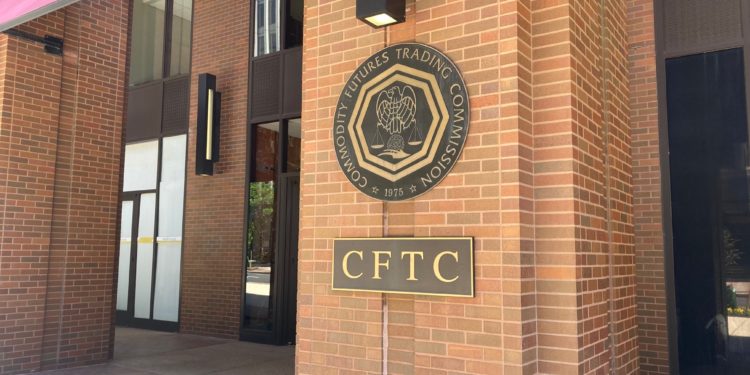Included in the stopgap spending bill signed into law on December 21 is a provision extending an emergency fix to the funding issue threatening the Commodity Futures Trading Commission (CFTC) Whistleblower Program.
A funding crisis has threatened the program for years and the emergency fix which was originally passed in 2021 expired at the end of the 2024 fiscal year, threatening the CFTC Whistleblower Program from collapse.
As the emergency fix was set to expire, advocates called on Congress to act immediately and extend the fix. National Whistleblower Center (NWC) set up an Action Alert allowing whistleblower supporters to write to their members of Congress calling for immediate action on the issue.
“This measure is a step in the right direction, but Congress needs to act quickly to save this incredibly effective program,” says leading whistleblower attorney Stephen M. Kohn, founding partner of Kohn, Kohn & Colapinto and Chairman of the Board of NWC.
The CFTC Whistleblower Program, which offers monetary awards and anti-retaliation protections to whistleblowers, has allowed the CFTC to recover over $3.2 billion from fraudsters since it was established in 2010. It has correspondingly awarded over $370 million to qualified whistleblowers. According to the CFTC, approximately 30% of all the agency’s enforcement actions involve whistleblowers.
The program has been in danger of being a victim of its own success, however. When it established the program, Congress placed a $100 million cap on the fund used to finance the CFTC Whistleblower Office and pay out whistleblower awards. This fund is entirely financed by sanctions collected through the program, but any sanctions that would exceed the cap are instead placed into the U.S. Department of the Treasury’s general fund.
Thus, while the program has collected billions of sanctions, only a small percentage of that is placed into the fund. And large sanctions also mean large awards (whistleblowers are eligible for awards of 10-30% of the sanctions collected in the action aided by the disclosure). Due to the cap on the fund, large awards therefore threaten to completely deplete the fund.
In 2021, Congress passed an emergency short-term fix to save the program from collapse by creating a separate fund to finance the CFTC Whistleblower Office. This ensured that even if large awards depleted the fund, the Office could continue to function.
The provision found in the stopgap funding package extends this short-term fix through March 14, 2025.
Advocates, members of Congress and CFTC officials have all called for a long-term solution to the CFTC Whistleblower Program’s funding issue. The bipartisan CFTC Whistleblower Fund Improvement Act of 2023 would provide a sustainable solution by raising the cap on the fund to $300 million and making permanent the separate fund for the Whistleblower Office.




